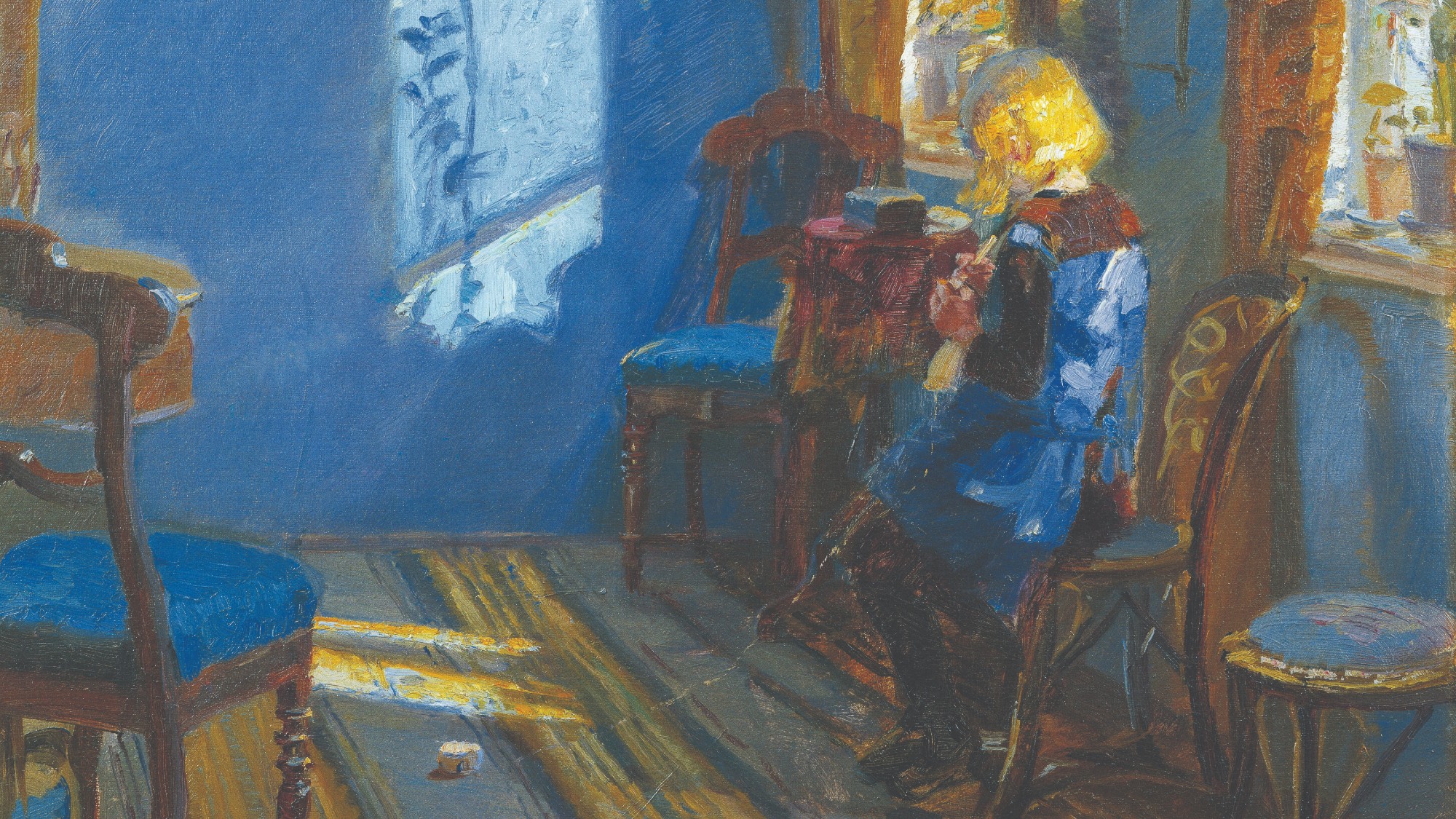Kingdom of Characters review: a ‘delightful mix of history and linguistics’
Jing Tsu’s ‘enchanting’ book tells the story of the Chinese language over the past 150 years

A free daily email with the biggest news stories of the day – and the best features from TheWeek.com
You are now subscribed
Your newsletter sign-up was successful
“It sounds like a movie script,” said Laura Hackett in The Sunday Times: the story of a group of Stasi spies “who spent their days interrogating suspects and their evenings penning sonnets”. But it’s true. In East Germany, art was seen as a means of socialist self-improvement and a weapon in the fight against capitalism. Every factory in the German Democratic Republic had its own library, and every industry its own “circle of writing workers”. So perhaps it was inevitable that the secret police got in on the act, forming the Writing Chekists in 1982.
In the journalist Philip Oltermann’s hands, the story makes for a “hilarious, page-turning yarn”. The group leader Uwe Berger, a mediocre poet, demanded that his group produce propaganda without ambiguity. “Precise research through/ Accurately filed matter / Information/ To the comrades”, ran one poetical effort. But some themes proved dangerously resistant to ideology. “An egotist/ in love I am/ want you to be mine/ just mine/ and hope never/ to be nationalised”, declared another.
This “fast-moving and lucid” account shows that the poetry circle was also “a way for the Stasi to spy on itself”, said Tristram Fane Saunders in The Daily Telegraph. Berger regularly filed critical reports on his fellow Writing Chekists as a way of settling grudges and advancing his career.
The Week
Escape your echo chamber. Get the facts behind the news, plus analysis from multiple perspectives.

Sign up for The Week's Free Newsletters
From our morning news briefing to a weekly Good News Newsletter, get the best of The Week delivered directly to your inbox.
From our morning news briefing to a weekly Good News Newsletter, get the best of The Week delivered directly to your inbox.
Members were sometimes left crying after being berated for the dross they produced, said Oliver Moody in The Times. But at least one, Alexander Ruika, was “brilliant”, and Oltermann’s book is partly a “moving story” about poetry’s “irrepressible richness”.
In describing the group’s “petty rivalries, monstrous paranoia and small pleasures”, it also offers a unique perspective on the GDR itself – an Orwellian surveillance state whose “rigidity” and “obtuse deafness” led to its own downfall.
Faber 201pp £14.99; The Week Bookshop £11.99

The Week Bookshop
A free daily email with the biggest news stories of the day – and the best features from TheWeek.com
To order this title or any other book in print, visit theweekbookshop.co.uk, or speak to a bookseller on 020-3176 3835. Opening times: Monday to Saturday 9am-5.30pm and Sunday 10am-4pm.
-
 Can Europe regain its digital sovereignty?
Can Europe regain its digital sovereignty?Today’s Big Question EU is trying to reduce reliance on US Big Tech and cloud computing in face of hostile Donald Trump, but lack of comparable alternatives remains a worry
-
 The Mandelson files: Labour Svengali’s parting gift to Starmer
The Mandelson files: Labour Svengali’s parting gift to StarmerThe Explainer Texts and emails about Mandelson’s appointment as US ambassador could fuel biggest political scandal ‘for a generation’
-
 Magazine printables - February 13, 2026
Magazine printables - February 13, 2026Puzzle and Quizzes Magazine printables - February 13, 2026
-
 Film reviews: ‘Send Help’ and ‘Private Life’
Film reviews: ‘Send Help’ and ‘Private Life’Feature An office doormat is stranded alone with her awful boss and a frazzled therapist turns amateur murder investigator
-
 The Beckhams: the feud dividing Britain
The Beckhams: the feud dividing BritainIn the Spotlight ‘Civil war’ between the Beckhams and their estranged son ‘resonates’ with families across the country
-
 6 homes with incredible balconies
6 homes with incredible balconiesFeature Featuring a graceful terrace above the trees in Utah and a posh wraparound in New York City
-
 The Flower Bearers: a ‘visceral depiction of violence, loss and emotional destruction’
The Flower Bearers: a ‘visceral depiction of violence, loss and emotional destruction’The Week Recommends Rachel Eliza Griffiths’ ‘open wound of a memoir’ is also a powerful ‘love story’ and a ‘portrait of sisterhood’
-
 Steal: ‘glossy’ Amazon Prime thriller starring Sophie Turner
Steal: ‘glossy’ Amazon Prime thriller starring Sophie TurnerThe Week Recommends The Game of Thrones alumna dazzles as a ‘disillusioned twentysomething’ whose life takes a dramatic turn during a financial heist
-
 Anna Ancher: Painting Light – a ‘moving’ exhibition
Anna Ancher: Painting Light – a ‘moving’ exhibitionThe Week Recommends Dulwich Picture Gallery show celebrates the Danish artist’s ‘virtuosic handling of the shifting Nordic light’
-
 H is for Hawk: Claire Foy is ‘terrific’ in tender grief drama
H is for Hawk: Claire Foy is ‘terrific’ in tender grief dramaThe Week Recommends Moving adaptation of Helen Macdonald’s bestselling memoir
-
 Our Town: Michael Sheen stars in ‘beautiful’ Thornton Wilder classic
Our Town: Michael Sheen stars in ‘beautiful’ Thornton Wilder classicThe Week Recommends Opening show at the Welsh National Theatre promises a ‘bright’ future